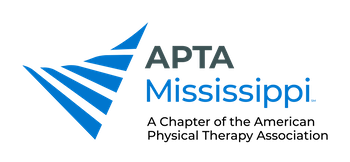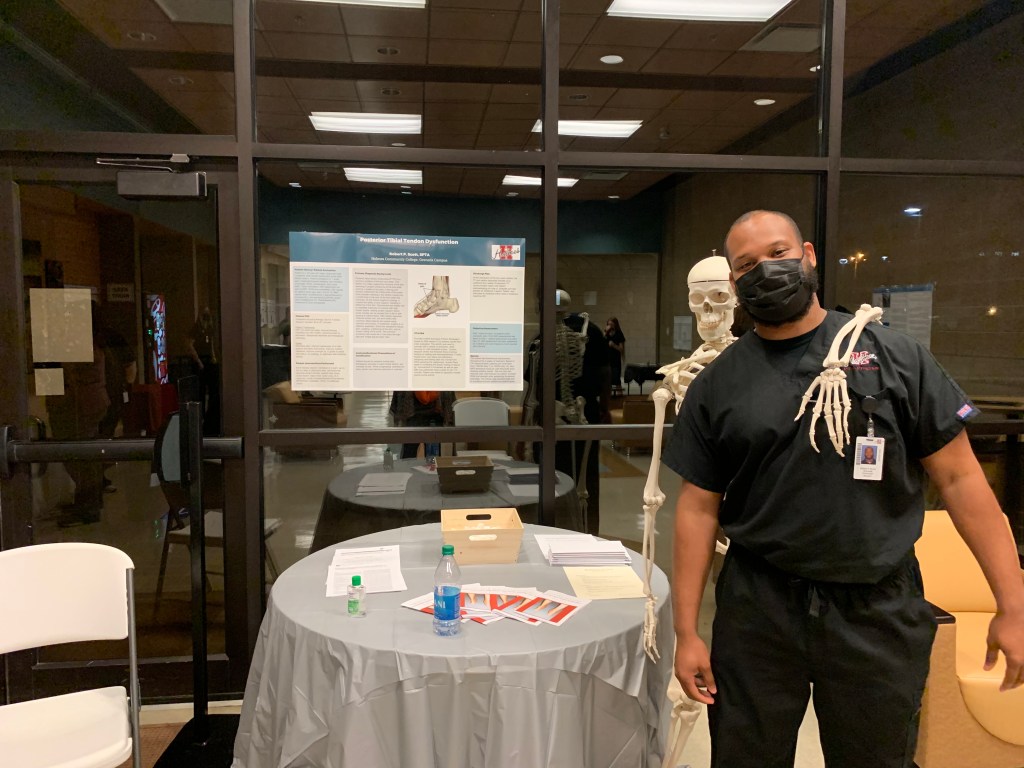What began as a projected 9% cut in payment to PTs under Medicare and was later reduced to an estimated 3.6% cut may be whittled down even further thanks to a recently announced change to how payment is calculated. The change comes by way of an adjustment to the conversion factor, the multiplier applied to relative value units to determine Medicare Part B payment amounts. That figure changed from CMS’ planned $32.41 (precise number: $32.4085) rate to $34.89 ($34.8931) for 2021.
The new conversion factor is still a drop from the 2020 conversion factor of $36.09 ($36.0896), but one that’s far less severe than originally approved — a 3.32% decrease compared with the 10.2% reduction in the final fee schedule.
The result: The smaller cut, coupled with targeted provisions in a spending and COVID-19 relief bill enacted in late December, will help to blunt the effects of changes adopted by CMS that threatened to reduce physical therapy payment by an estimated 9%. Even before factoring in the changes to the conversion factor, the congressional action reduced the effects of the cuts from 9% to an estimated 3.6% for PTs.
How It Works Out for Payment
In some coding situations, the combination of factors may result in cuts less than the estimated 3.6%. For example, payment for therapeutic exercise (CPT code 97110) will drop by an average of 3.3%, from $31.40 in 2020 to $30.36 this year, with manual therapy (97140) seeing a similar percentage decrease, from $28.87 in 2020 to $27.91 in 2021. Neuromuscular reeducation (97112) drops by 2.35% (from $36.09 to $35.34), while CPT code 97530, for therapeutic activities, sees a 2.45% decrease from its 2020 level of $40.42 to $39.43 in 2021.
In a few instances, the new payment levels could even result in slight increases, particularly for PTs conducting an evaluation or reevaluation. For example, in 2020, use of evaluation CPT codes 97161-97163 resulted in a payment of $87.70; that payment increases to $101.89 in 2021. Similarly, payment for reevaluation CPT code 97164 will also increase this year, from $60.30 in 2020 to $69.79. (Note: actual amounts vary by locality).
Increases to the office/outpatient evaluation and management visit codes billed by primary care and some specialty physicians were at the heart of payment cuts to some three dozen professions that CMS says it was forced to implement to maintain budget neutrality. The CMS plan sparked an intensive advocacy effort at both the agency level and on Capitol hill, including historic levels of participation from APTA members and supporters fighting the cuts.
Cuts Still “Unsustainable”
While the new conversion factor is good news for PTs, the damage inflicted by CMS remains — and must be addressed, according to Kara Gainer, APTA’s director of regulatory affairs.
“The updated conversion factor and COVID relief provisions helped us partially dig out of the hole we were put in by CMS, but even with those wins, we’re still facing cuts that are simply unsustainable and damaging to patient access to needed care,” Gainer said. “We need not only to continue to advocate for more relief, but also to engage in a serious dialogue about whether the current physician fee schedule system is an antiquated response to the current demands of our health care environment.”
The new conversion factor will be integrated into the 2021 version of APTA’s Fee Schedule Calculator. Those changes should be loaded into the system in the coming weeks. APTA will share news of the updated calculator when it’s available.


